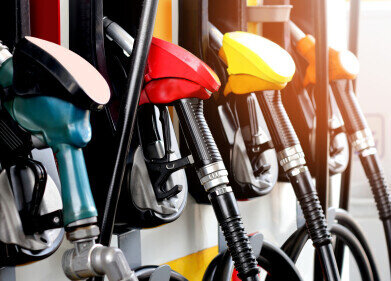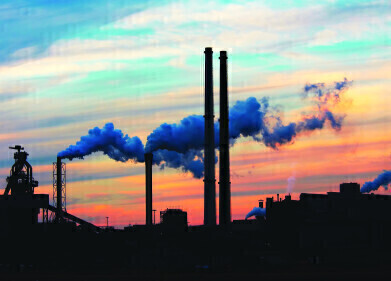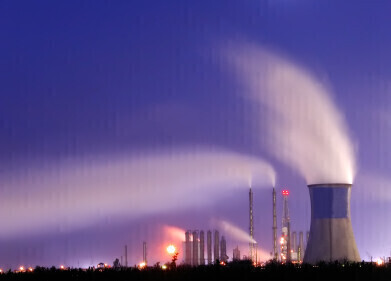Synthetic fuels
Synthetic Fuels vs Electric Cars - Which Comes Out on Top?
Dec 05 2022
The synthetic fuels vs electric cars debate is a fierce one. While some people maintain EVs are the solution to issues like climate change, air pollution and rapidly depleting natural resources, others say synthetic fuels are a more viable alternative. Below, we look at the pros and cons of each.
The pros of synthetic fuels
- Simple raw materials – hydrogen and CO2
- Carbon neutral and release no new CO2 into the atmosphere
- Potentially greener than EVs in terms of overall environmental footprint, when factoring in the manufacturing process. Dr. Frank Walliser, a spokesman from Porsche says synthetic fuels developed by the company boast less “well to wheels” emissions than EVs
- A drop-in replacement for internal combustion engines, which power most vehicles around the world
- Infrastructure to transport, store and distribute synthetic fuels is already in place. For example, pipelines, storage tanks and forecourts.
The pros of electric cars
- Release zero harmful emissions into the atmosphere
- In theory, fewer moving engine parts makes EVs cheaper to maintain
- Electricity needed to recharge batteries is affordable and readily available
The cons of synthetic fuels
- The manufacturing process is energy intensive. Unless electricity used during the manufacturing process is renewable, synthetic fuels have a high energy footprint.
The cons of electric cars
- Raw materials needed to manufacture electric batteries can be expensive and hard to source
- Electricity is needed to charge batteries. Unless sourced from renewable sources, EVs aren’t necessarily as “green” as they seem
Protecting the “soul and symphony” of engines
If the latest model from Italian auto manufacturer De Tomaso is anything to go by, synthetic fuels are more than capable of powering supercars. The company recently revealed its brand new P900 hypercar equipped with a V12 engine compatible with synthetic fuels. With eye-watering revs of up to 12,300rpm, the De Tomaso claims it’s “the world’s-first carbon neutral V12.”
The company hopes the advent of synthetic fuels can keep the combustion engine alive and avoid it being obliterated by the upcoming bans on the sale of new petrol and diesel cars in Europe and the UK. For De Tomaso, it’s all about maintaining the feel, sound, emotion and unbridled sense of power that combustion engines offer. For many motoring enthusiasts, electric engines just don’t compare.
“At De Tomaso, we pay an enormous amount of attention to the driving experience, in part a large majority of this complex matrix can be attributed to the sounds and vibrations, in essence, the feeling of a naturally aspirated engine firing on all cylinders,” explains Norman Choi, De Tomaso CEO. “This venture into synthetic fuels, represents our commitment to the pursuit of a zero-emissions mobility future without sacrificing the crucial element which we all hold so dear - the soul and symphony of an engine.”
Alongside synthetic fuels, biofuels made from feedstocks like algae and food waste are also gaining popularity. Find out more in ‘Contemporary advances on converting marine plastic waste into ready to use fuels.'
Digital Edition
PIN 25.5 Oct/Nov 2024
November 2024
Analytical Instrumentation - Picturing Viscosity – How Can a Viscometer or a Rheometer Benefit You? - Sustainable Grease Formulations: Evaluating Key Performance Parameters and Testing Method...
View all digital editions
Events
Jan 20 2025 San Diego, CA, USA
Jan 22 2025 Tokyo, Japan
Jan 25 2025 San Diego, CA, USA
SPE Hydraulic Fracturing Technology Conference and Exhibition
Feb 04 2025 The Woodlands, TX, USA
Feb 05 2025 Guangzhou, China



















